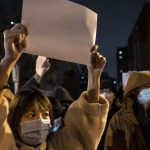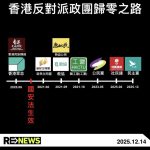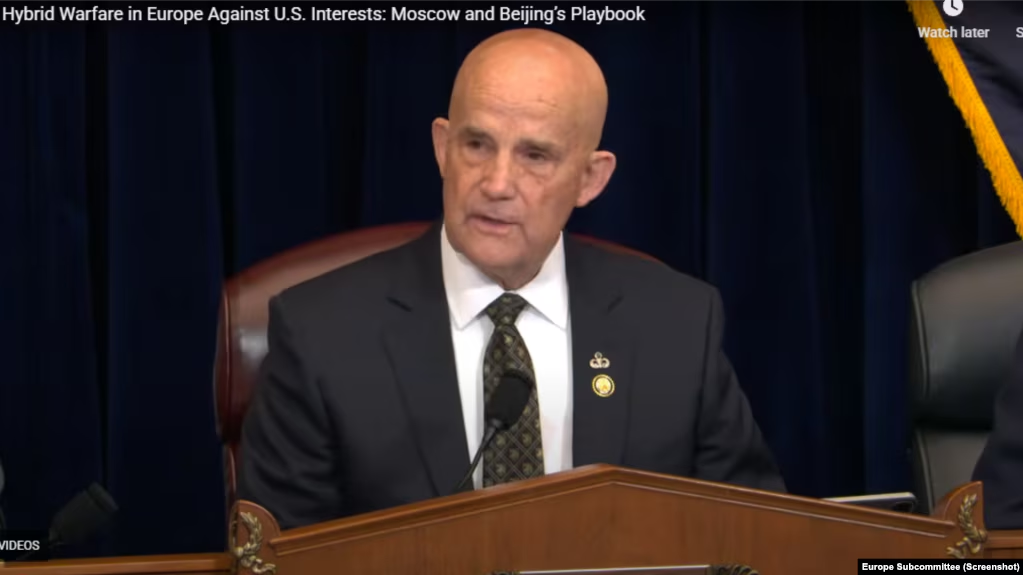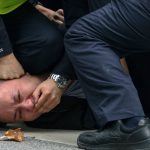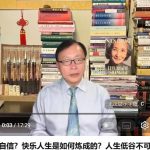OCT. 12, 2015

HONG KONG — The 16-year-old son of a detained Chinese human rights lawyer is now living under house arrest in northern China after being snatched at a Myanmar border town last week as he was trying to escape to the United States, a family friend said.
Bao Zhuoxuan, the son of the prominent human rights lawyer Wang Yu, is at his grandparents’ home in the Inner Mongolia region, said the friend, Liang Bo, who was planning to host Mr. Bao in the San Francisco area. Ms. Wang was detained in July during a nationwide crackdown in which more than 220 people were summoned for questioning. She remains in custody. Chinese officials have accused Ms. Wang of “inciting subversion of state power.”
Mr. Bao was taken by uniformed men this month from a guesthouse in Mong La, a town in Myanmar near the Chinese border, said Fengsuo Zhou, a United States citizen and human rights activist. Mr. Zhou had traveled to Bangkok to meet Mr. Bao and help arrange his travel papers to America.
Mr. Bao is now in Ulanhot, a city in Inner Mongolia, where he is under surveillance by the police and his movements are restricted, Ms. Liang said in a telephone interview. Mr. Bao’s grandparents could not be reached at two mobile phone numbers belonging to them. A woman at the office of politics of the Ulanhot Police Bureau said the bureau had no such case involving a 16-year-old boy named Bao Zhuoxuan.
Mr. Bao’s mother, Ms. Wang, is one of the most prominent human rights lawyers in China. She defended Ilham Tohti, an economics professor whom the Chinese government had accused of inciting separatism in his native Xinjiang and sentenced last year to life in prison. Her detention is part of a widespread crackdown under President Xi Jinping of human rights activists and the lawyers who represent them. In many cases, as with Mr. Bao, their families become pawns as the police try to pressure the detainees, Mr. Zhou said.
“That is the signature of Xi’s recent crackdown on human rights activists,” Mr. Zhou said in a telephone interview. “They want to crack open their defense basically, and they want to crush their will.”
Mr. Bao’s case has received international attention, and last week, a report by the United States Congressional-Executive Commission on China recommended that lawmakers and administration officials bring it up with the Chinese government.
Mr. Bao was detained at Beijing’s international airport in July when he and his father were trying to leave the country for Australia, where he had been accepted into a school. His passport was revoked, and he was sent to live with his grandparents, according to the commission’s report. His father was taken into custody.






